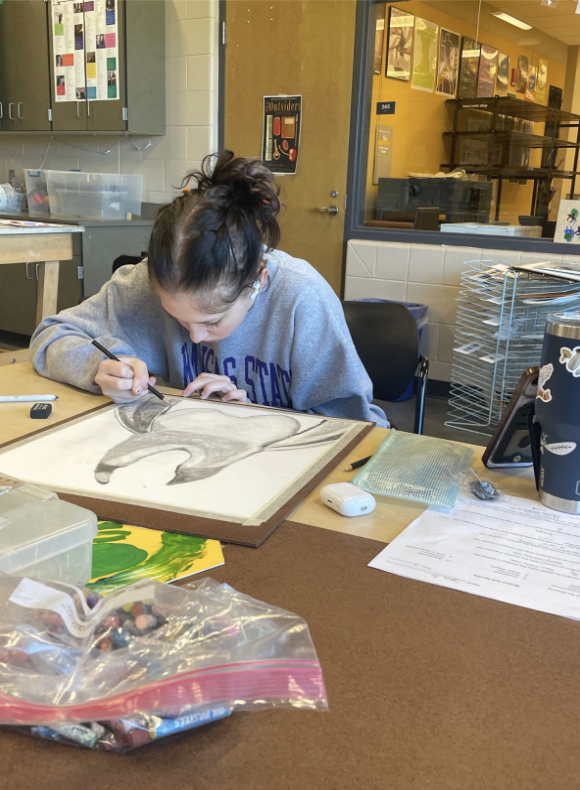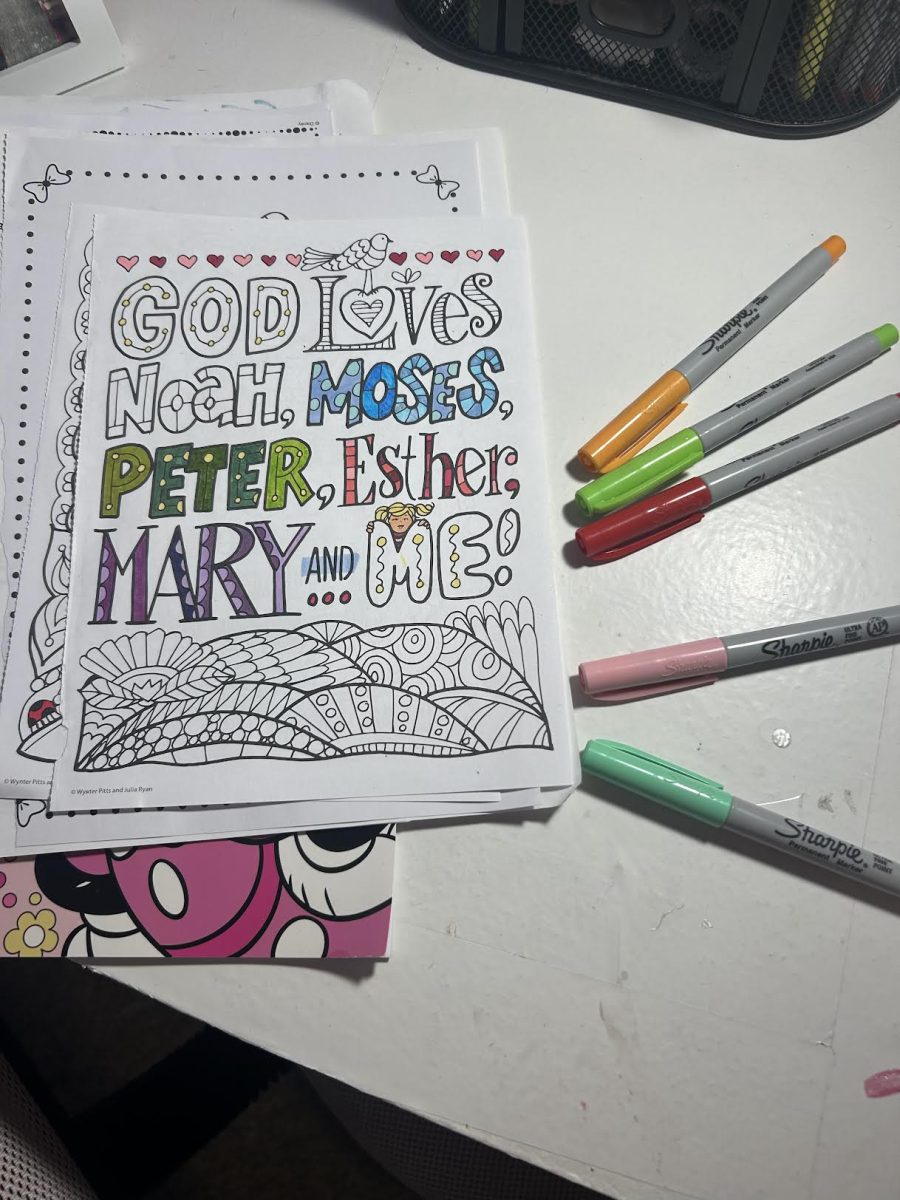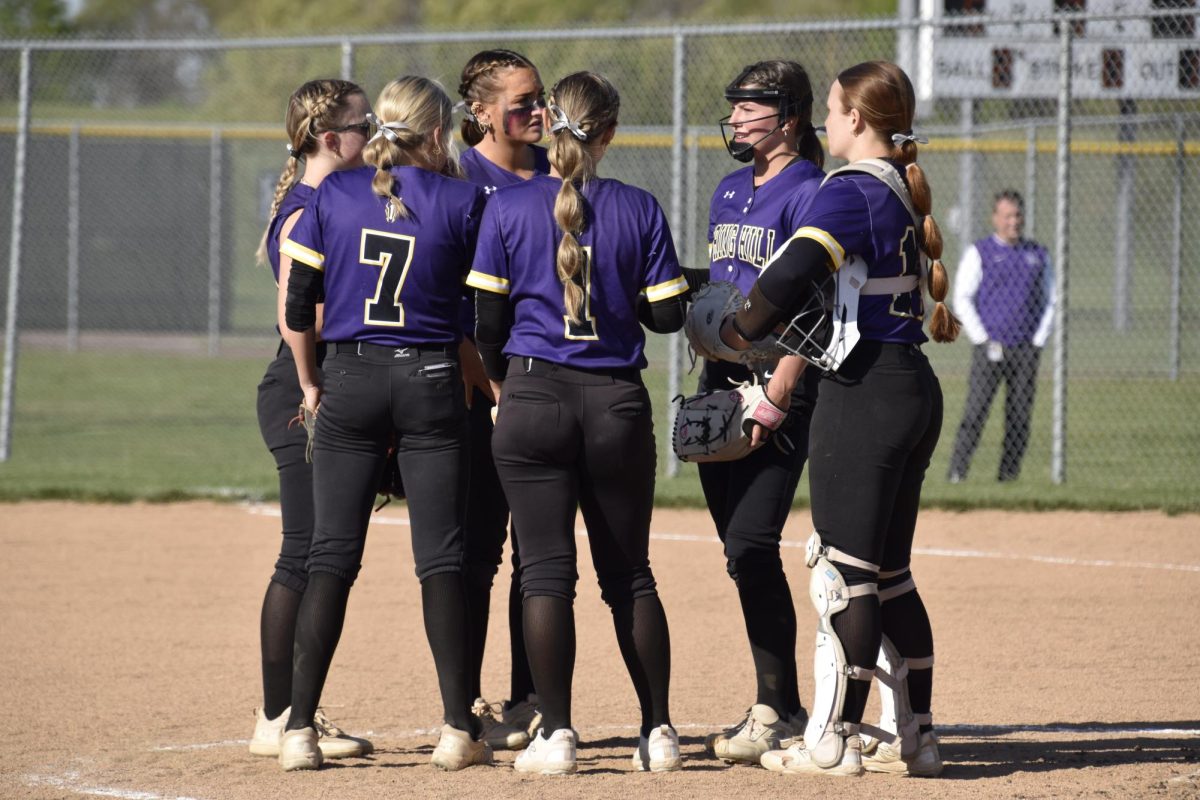While working a closing shift at Taco Bell, a group of teenagers walk in five minutes until closing, loud and giggly, a distinct smell following, just to order the entire menu. As they put together their weird combos of food in the corner of the store, a thought of “what are they on?” crosses your mind.
A couple weeks later, you visit your aunt in the hospital, looking better than ever. After having Parkinson’s for 10 years, she finally got a prescription to lessen the pain, reduce the tremors, and help her have a better quality of life.
Both of these groups were under the influence of marijuana but under different circumstances — recreational and medical.
“Yes, [marijuana should be legalized in Kansas], but under very tight restrictions. I know that there are medical uses for it, and I think, honestly, that should be the only way it is legal…to people who haven’t been prescribed that they need it, it can be very
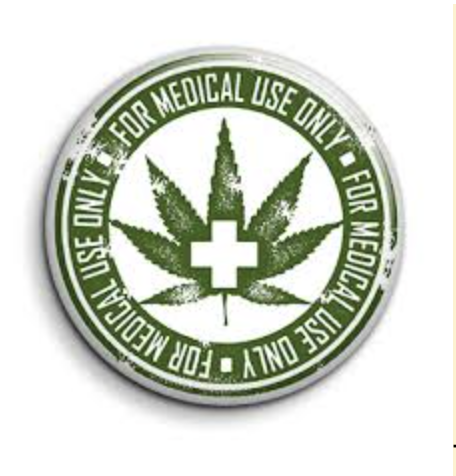
harmful,” Maryanne McNally, 11, said. “[Marijuana is] harmful, not just to them, but the people around them who have to deal with the [side] effects that they’re having…I just don’t think it should be recreational.”
As of right now in Kansas, marijuana is classified as a schedule one controlled substance. This means that the Drug Enforcement Administration considers it to have a high potentiality for abuse, according to news website, “The Hill.”
Although many agree that it should be legalized medically, the debate is up for legalization recreationally.
“I get why it should be legal [recreationally] because it makes everything simpler because people are probably going to get it anyway, and it’s safer to legalize because it’s not getting distributed improperly,” Victoria Gulbrandson, 12, said. “The more I think about it, I think it’s probably safer to have it legalized so it [does not get] contaminated with other drugs.”
Many brought up the harmful side effects of marijuana use as a reason for it not being legalized recreationally.
“I feel like if we just legalize it recreationally, it would lead to more access to younger people to get it into their hands. It can cause people to abuse it, and if it gets into the hands of the wrong person, it can cause accidents, and if you’re not using it wisely [as an adult] that can have lots of consequences,” Rowan Evans, 9, said.
These harmful side effects are similar, if not identical, to another drug that is legalized recreationally — one that is much more normalized for abuse.
“It is a safety hazard [while] driving, and people don’t think clearly when they are on [marijuana], and so it’s a safety issue [and can cause] a drug abuse problem. [Alcohol and marijuana] are similar because they both have health problems that can come from them like smoking and liver issues. I guess they really aren’t that different; they both impair you,” Gulbrandson said.
Alcohol is a depressant and a drug that is commonly abused among many age groups. Alcohol is considered a “gateway drug” due to its easily accessible nature and the normalization of drinking it even though the side effects and addiction are just as harmful and comparable to other drugs.
“There is [a peer pressure to drink alcohol] for sure especially at our age when we are teenagers; kids are making bad decisions. I’ve had a friend [where their friend’s] parents offered
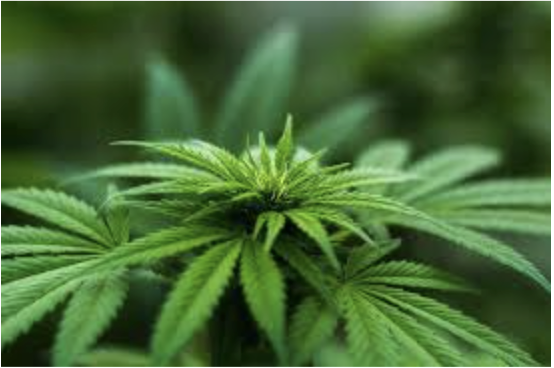
them alcohol. It’s not okay, and I don’t like how it’s becoming normal for teenagers to drink,” McNally said.
The societal difference between people using these drugs also plays a role into how these drugs are used and the process of getting marijuana legalized recreationally. Peyton Brinkman, 10, shares their change in perspective.
“I think marijuana is more prone to get addicted to than alcohol. Both can cause medical issues, but I feel like marijuana is more prone to have more medical issues,” Brinkman said. “Now that I think about it, if you were to drink a lot of alcohol at once, you could easily get addicted to it.”
It’s important for young people to understand the side effects of drugs that are legalized, or on their way to legalization, in order to know how to interact with them when they are older and make the appropriate decisions for themselves.
Facts to Know
- Marijuana is legalized for medical use in 38 out of 50 states in the U.S.
- Out of those 38, 24 have it legalized for recreational use including Colorado and Missouri which both border Kansas
- Seven other states don’t have it legalized, but it is decriminalized, meaning that the state won’t take legal action in case a person has marijuana in their possession
- Laura Kelly, Kansas Governor, has “expressed support for legalization of marijuana for medicine purposes, but has resisted calls for recreational consumption of cannabis. The Kansas House passed a medical marijuana bill two years ago that was ignored by the Kansas Senate” (“Kansas Reflector”)
- Only legal way to use CBD oil in Kansas is for medical use and has to contain 0% THC which is the substance that is mainly responsible for the common marijuana side effects
- Marijuana lingers in the body longer than alcohol
- Alcohol acts as a depressant while marijuana acts as both stimulant and a depressant
(All facts listed above are from the following sources; “National Center for Complementary and Integrative Health” or NIH, “National Library of Medicine”, “The Hill”, “Kansas State Network” or KSN, “Kansas Reflector”, and “Wikipedia”)
For the Author’s opinion on this matter, view their column here: https://stampedenews.net/9900/opinion/my-take-on-the-legislation-conversation/


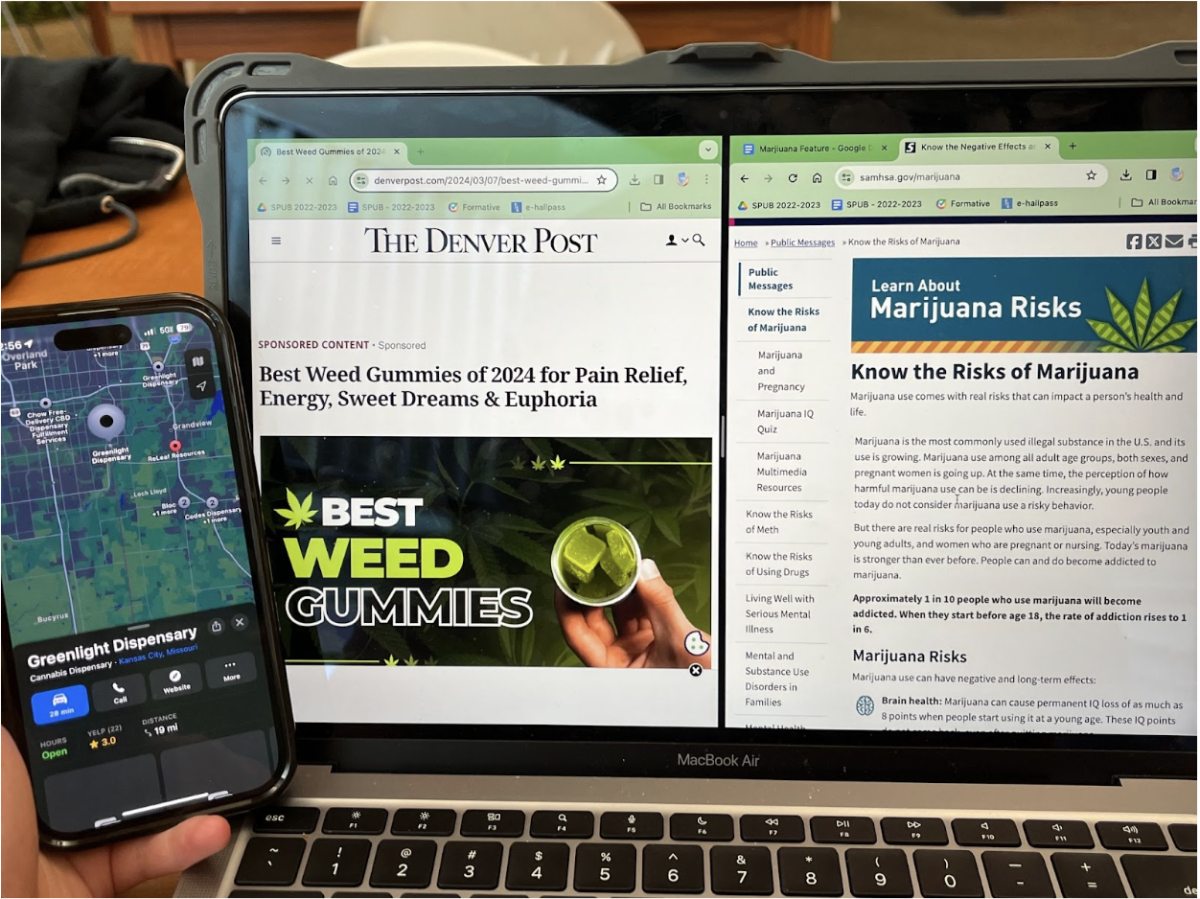
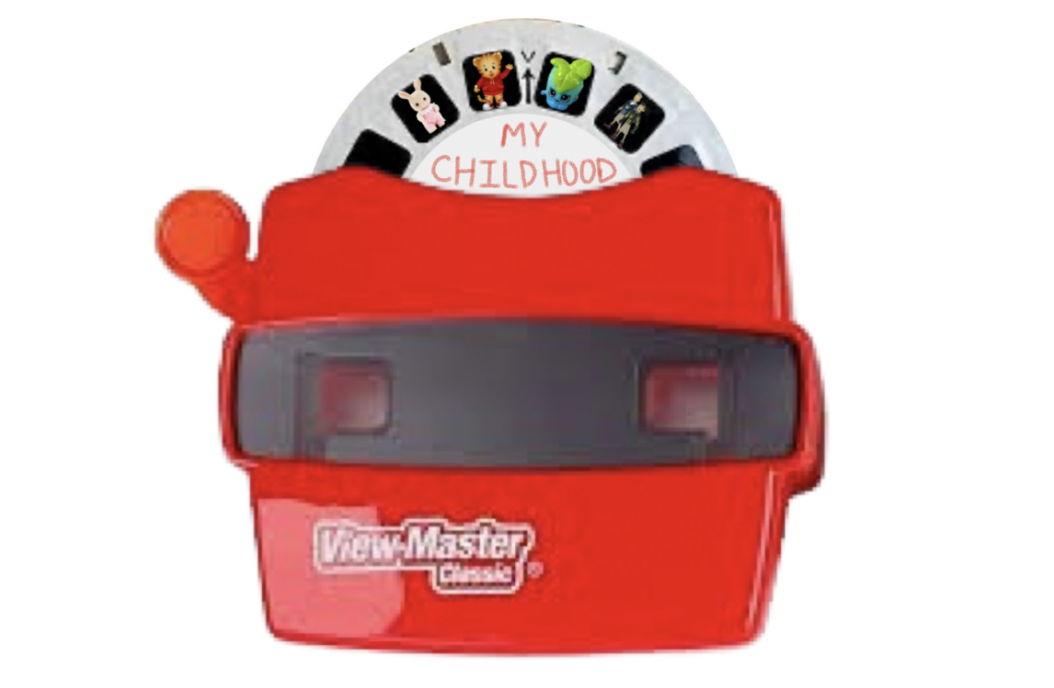
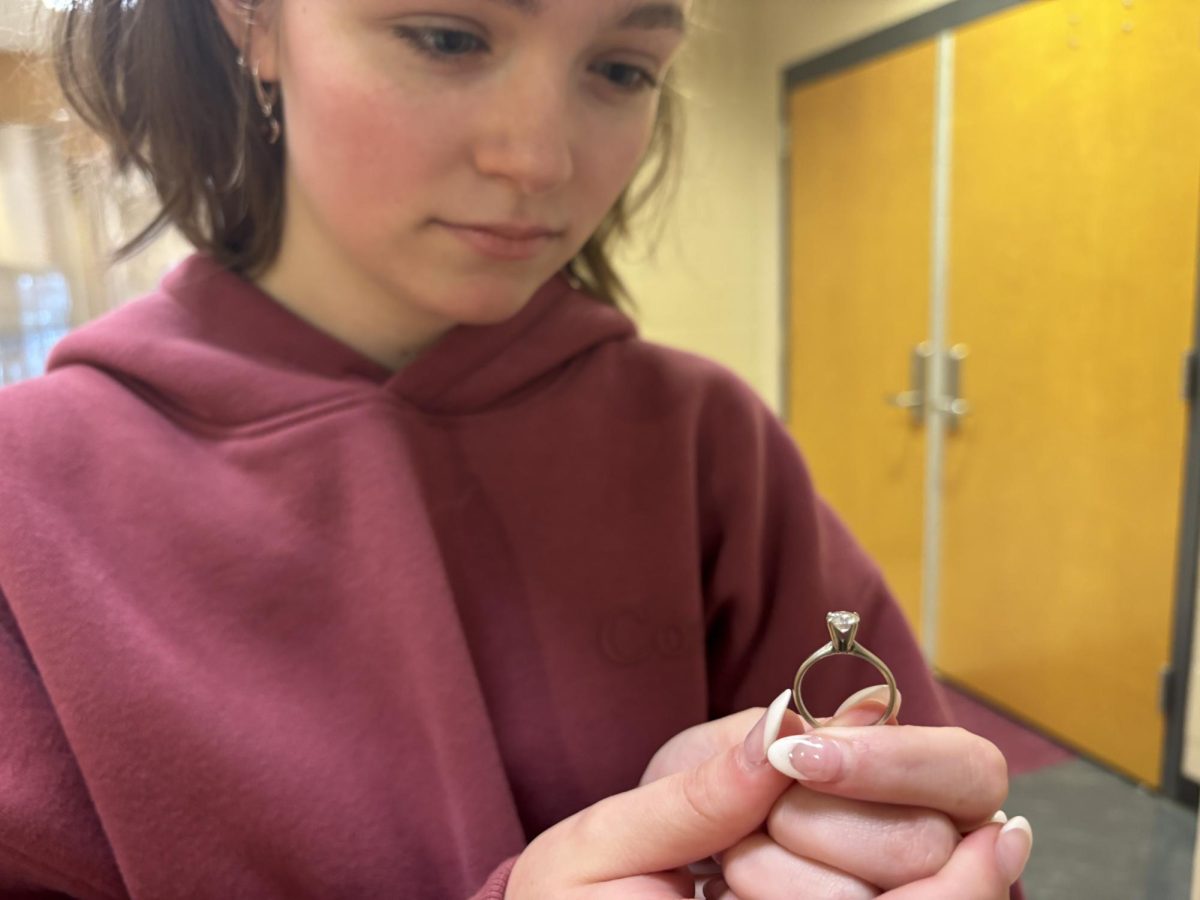
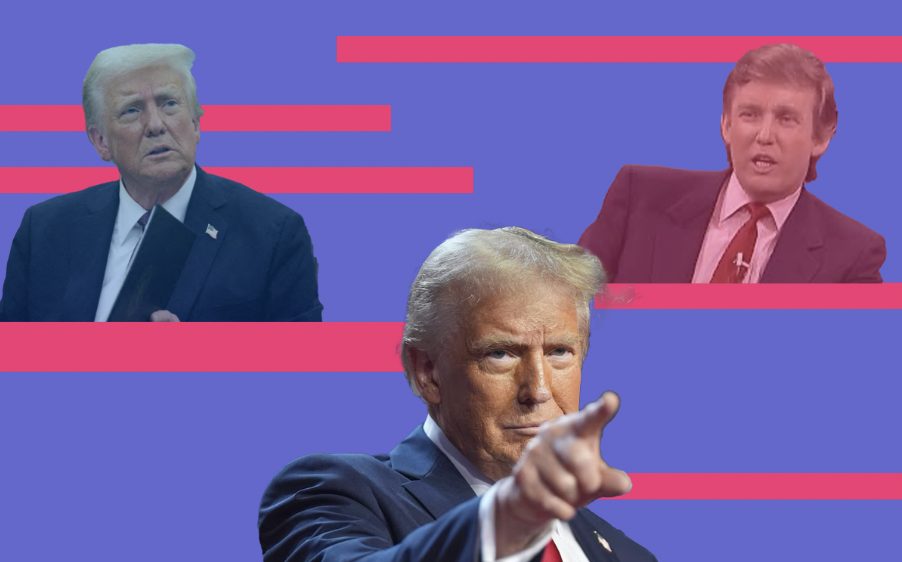
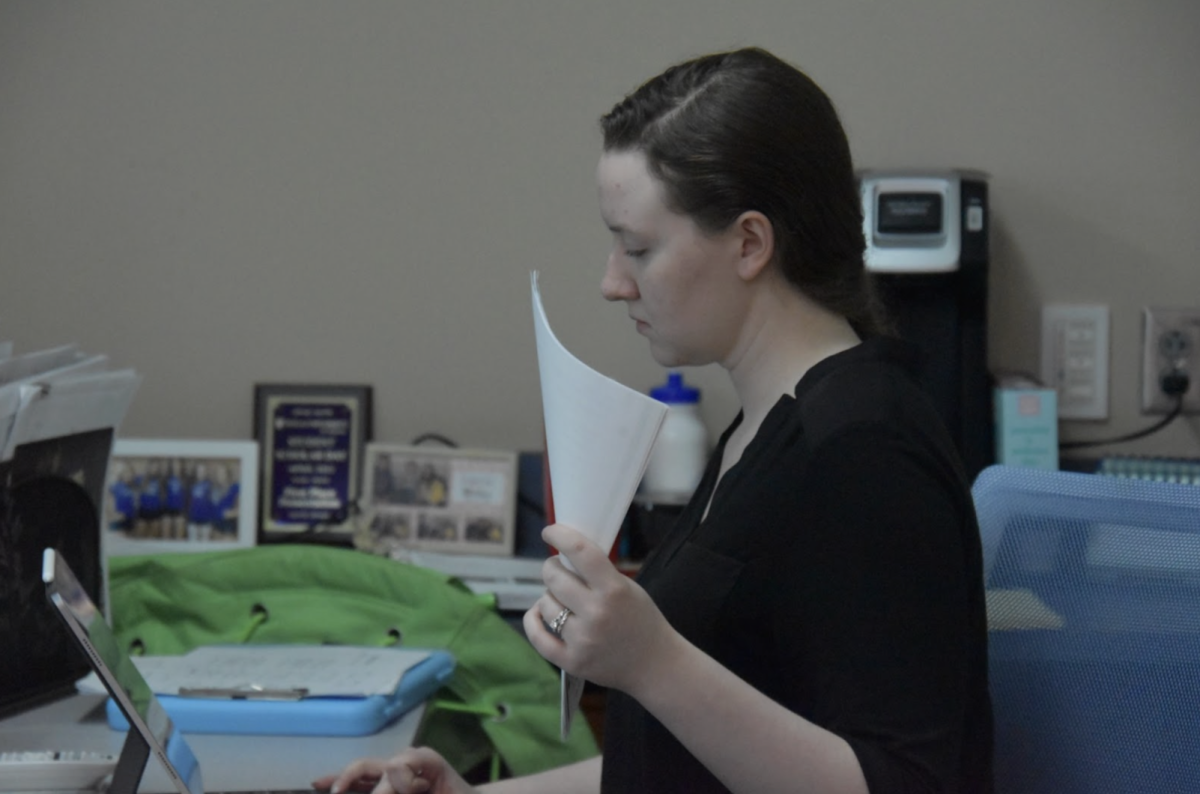

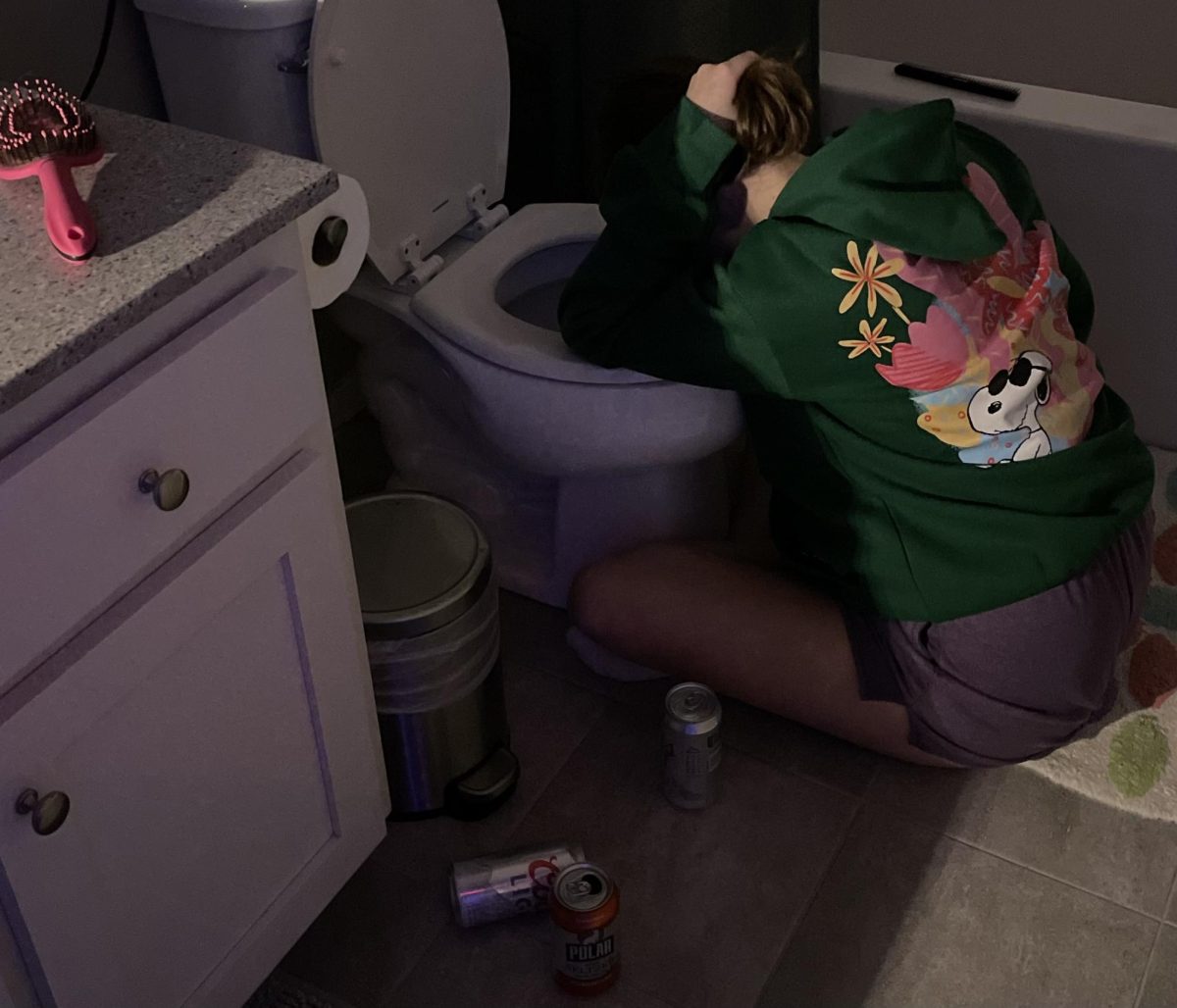
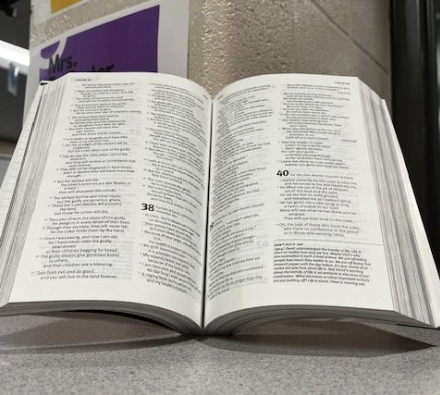


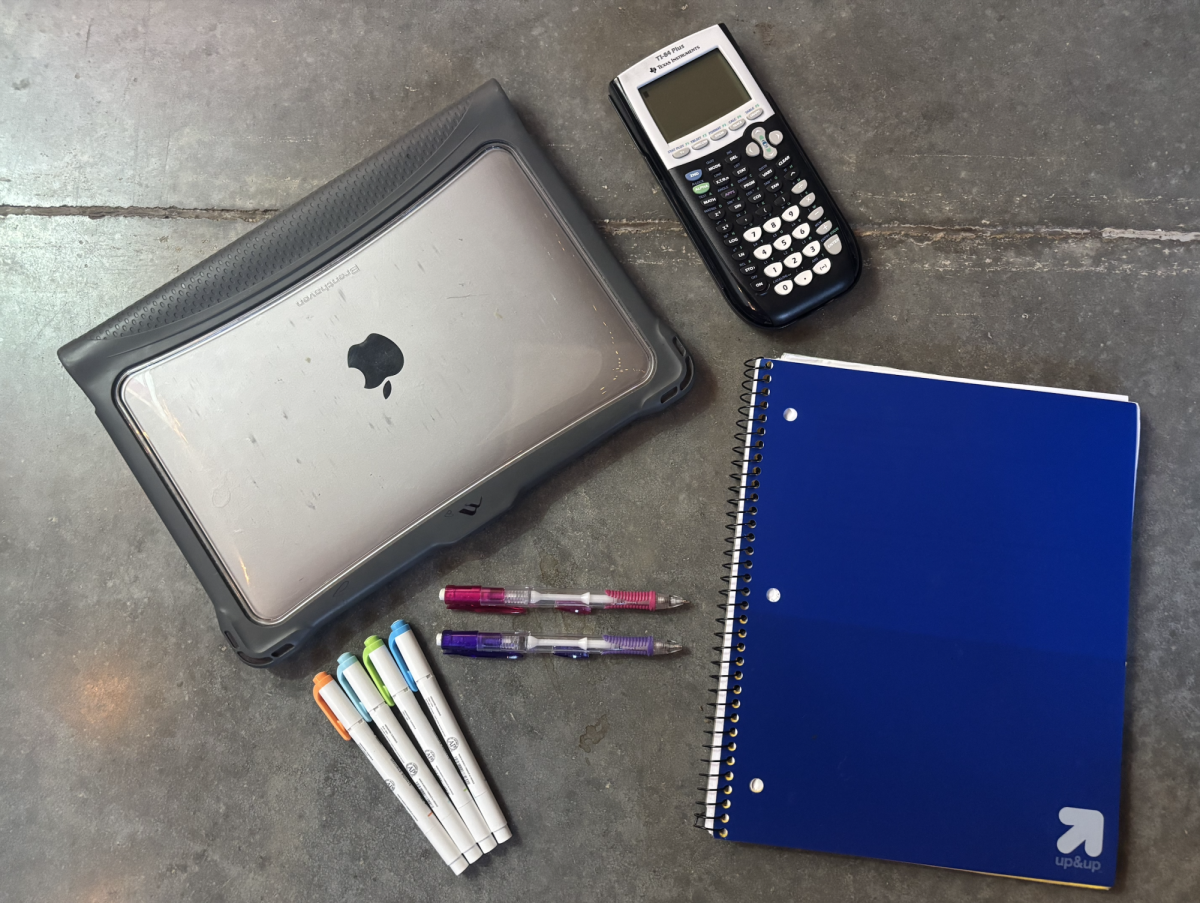
![Peering through their microscopes, [Brock] Laplante’s freshman Biology class has a hard time pretending they’re not interested. From sharp angles to swirling cells, there’s no predicting what could be seen.](https://stampedenews.net/wp-content/uploads/2025/10/Screenshot-2025-10-03-at-10.56.07-AM.png)
